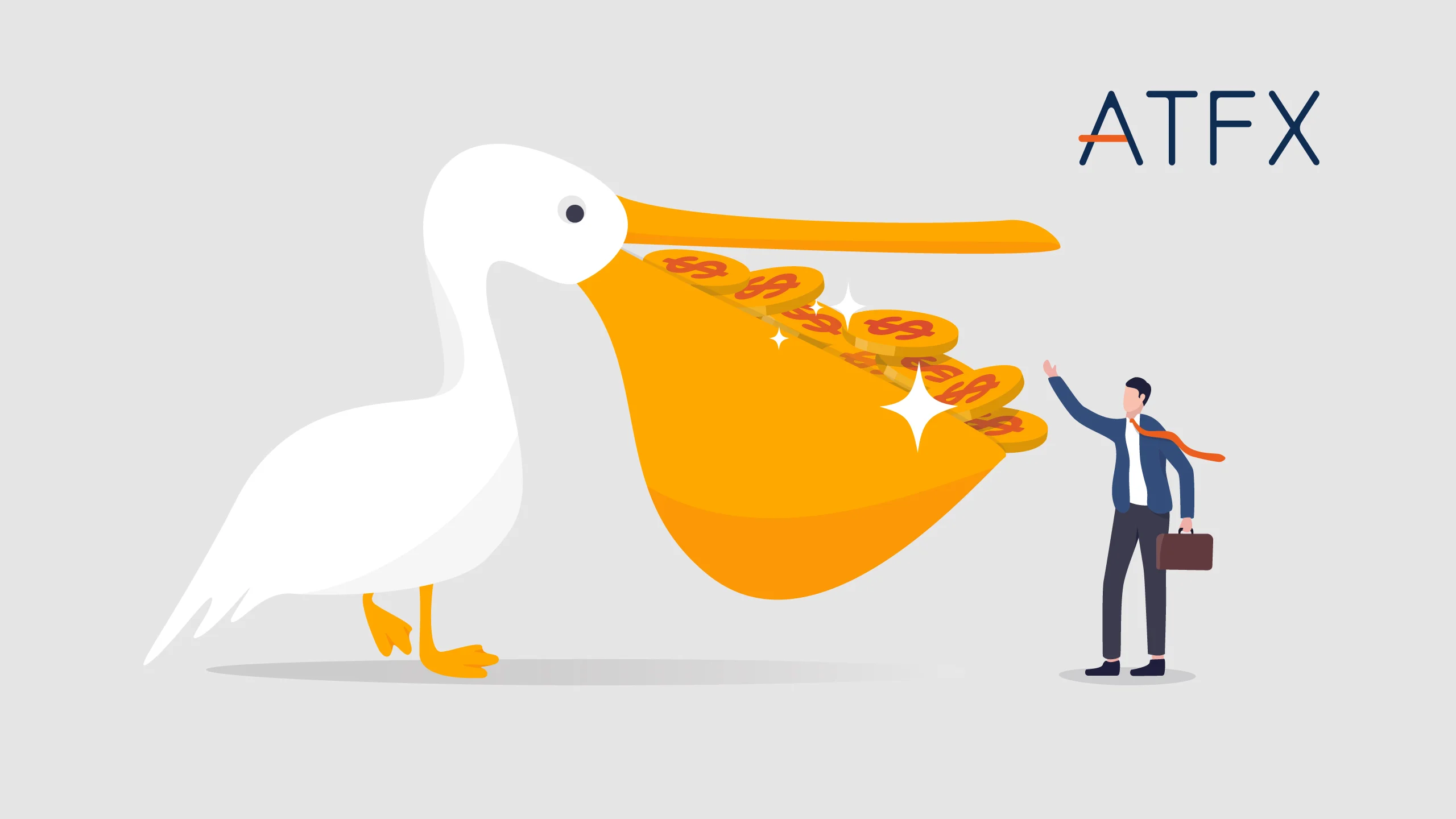What Is Inflation?
Inflation, an essential concept deeply interwoven with modern economies, carries great importance for individuals, businesses, and governments. It is crucial for policymakers, economists, investors, and everyday people to understand inflation in order to make informed decisions and navigate the complexities of the economic landscape. Inflation, simply put, refers to the sustained increase in the overall price level of goods and services within an economy over time.
How To Measure Inflation?
It is often measured using various inflation indices, such as the Consumer Price Index (CPI) or the Producer Price Index (PPI). These indices track the price changes of a basket of goods and services and provide insights into the overall inflation rate.
Consumer Price Index (CPI)
The formula to calculate CPI is:
CPIt = (Ct / C0) * 100
Where:
- CPIt: Consumer price index in the current period
- Ct: Cost of the market basket in the current period
- C0: Cost of the market basket in the base period
What Causes Inflation?
Understanding the causes of inflation is crucial for effective monetary and fiscal policies. Key causes include various factors such as demand-pull inflation, cost-push inflation, monetary factors, and expectations.
Demand-Pull Inflation
This type of inflation occurs when aggregate demand in an economy exceeds the available supply of goods and services. Increased consumer spending, government expenditure, or investment can lead to excess demand, putting upward pressure on prices.
Cost-Push Inflation
Cost-push inflation occurs when the production costs for businesses increase, leading to higher prices. Factors such as rising wages, raw material costs, or taxes can contribute to this type of inflation.
Monetary Factors
Monetary factors play a significant role in inflation. When the money supply in an economy expands faster than the growth in goods and services, it can lead to inflationary pressures. Factors such as excessive money creation by central banks or increased borrowing and spending contribute to this type of inflation.
Expectations
Inflation expectations play a crucial role in shaping actual inflation. If individuals and businesses anticipate higher future inflation, they may adjust their behavior accordingly, leading to a self-fulfilling prophecy.
Effects of Inflation
Inflation has wide-ranging effects on various aspects of an economy. These effects can be both positive and negative, and they often interact with each other. Some key effects of inflation include:
Redistributive Effects
Inflation can redistribute income and wealth within a society. Debtors benefit from inflation as they repay their loans with money that has less purchasing power, while creditors may suffer. Moreover, inflation can impact different income groups disproportionately, leading to changes in income distribution.
Impact on Savers and Investors
Inflation erodes the purchasing power of money over time. Therefore, savers and investors may find that the value of their savings and investments decreases. This can have implications for retirement planning, asset allocation, and investment decisions.
Uncertainty and Market Distortions
High or unpredictable inflation levels can create uncertainty in the economy. Businesses may struggle to make long-term investment decisions, consumers may delay purchases, and markets may experience distortions due to uncertainty about future prices.
Wage-Price Spiral
Inflation can trigger a wage-price spiral, where rising prices lead to demands for higher wages, which, in turn, drive up production costs and further contribute to inflation. This spiral can create a vicious cycle that is challenging to break.
Impact on Fixed-Income Groups
Individuals on fixed incomes, such as pensioners or salaried employees, may experience a decline in their purchasing power as inflation erodes the value of their income. This can result in reduced standards of living for these groups.
International Competitiveness
Inflation can impact a country’s international competitiveness. If a country’s prices rise faster than those of its trading partners, its exports may become less competitive, leading to a decrease in export income and a deterioration in the trade balance.
Implications and Policy Considerations
Inflation has significant implications for policymakers and individuals. Central banks and governments often employ various monetary and fiscal policies to manage inflation. Some key policy considerations include:
Monetary Policy
Central banks use tools such as interest rate adjustments, open market operations, and reserve requirements to manage inflation. By controlling the money supply and influencing interest rates, central banks aim to keep inflation within a target range.
Fiscal Policy
Governments can use fiscal policy measures, such as taxation and government spending, to influence inflation. Higher taxes or reduced government expenditure can help curb inflationary pressures.
Inflation Targeting
Many central banks adopt inflation targeting frameworks, where they set specific inflation targets and adjust monetary policy accordingly. This approach provides transparency and stability to economic agents.
Cost of Living Adjustments
Inflation can prompt governments and employers to implement cost-of-living adjustments to wages, pensions, and social benefits. These adjustments aim to mitigate the negative impact of inflation on individuals.
Economic Growth and Employment
Managing inflation is crucial for promoting sustainable economic growth and employment. Excessive inflation can undermine economic stability, hinder investment, and lead to job losses.




